UK sets up EU row over post-Brexit citizens' rights
UK Prime Minister Theresa May says European Union citizens arriving in Britain during its post-Brexit transition period should not be afforded the same rights as those who arrived earlier.
The embattled premier appears set for a clash with EU negotiators after telling reporters on a trip to China that "there is a difference between those who came prior to us leaving and those who will come when they know the UK is leaving."
She added that the status of such EU citizens would be "a matter for negotiation" when Britain meets with EU officials again in March to set the terms of the transition period, which is expected to last around two years after Britain officially exits the bloc in March 2019.
Brussels on Monday warned London that "citizens' rights during the transition are not negotiable."
The European Parliament's chief Brexit negotiator Guy Verhofstadt said that "for the transition to work" there could not be "two sets of rights for EU citizens."
That would mean the continuation of free movement and citizens' rights for EU nationals residing in the UK during the Brexit transition, an arrangement that would cause anger among pro-Brexit lawmakers and ministers within May's Conservative Party.
Deputy Brexit Secretary Robin Walker on Thursday insisted that Britain would not accept such an agreement.
"The citizens' rights agreement reached in December does give certainty about the rights of EU citizens already here going forward but this agreement does not cover those who are arriving after we leave the EU," he told Members of Parliament (MPs) in the House of Commons.
The EU and UK negotiated an agreement in December that safeguards the rights of EU citizens who arrive in Britain before it leaves the bloc next year, giving reciprocal protections for British citizens living in the EU.
The agreement allows those who have lived continuously in Britain for five years to be able to apply for settled status, while others will be able to remain in order to build-up five years' continuous residence.
The British government has faced fierce criticism both at home and by the EU for its lack of clarity on its Brexit strategy.
The uncertainty has raised fears that Britain could crash out of the bloc without a trade deal, incurring heavy costs on domestic economy.
Iran condemns Israel’s brazen admission of Haniyeh murder
VIDEO | Conference in Islamabad explores Pakistan-Iran ties
Hamas condemns Israeli evacuation order of Indonesian Hospital
VIDEO | Yemen resistance remains resolute
'Easy target': Yemen warns 4th US carrier within reach
Iran military awarded $40 mln worth of vessel building contracts
‘These kids need to be killed’: Shocking details of Israeli brutalities in Gaza
Yemen faces ‘highest burden’ of cholera globally: WHO


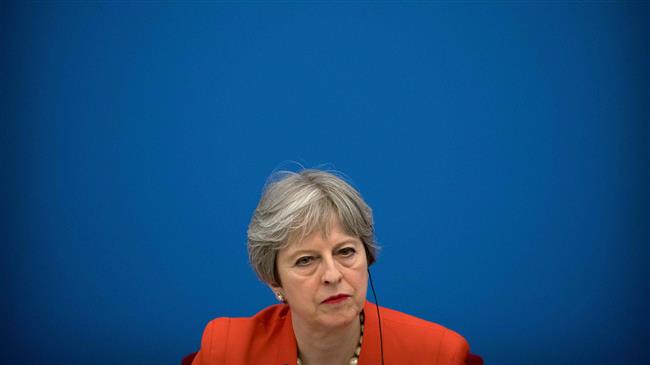







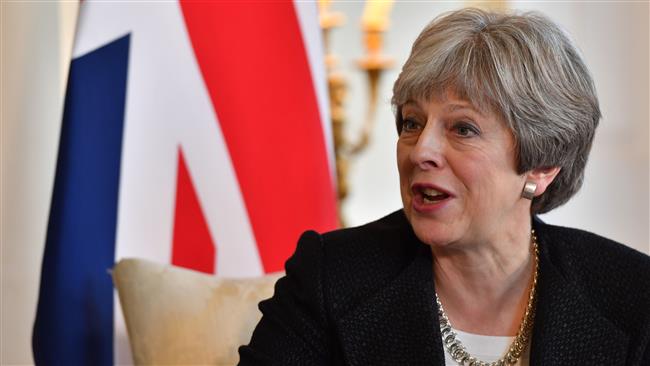
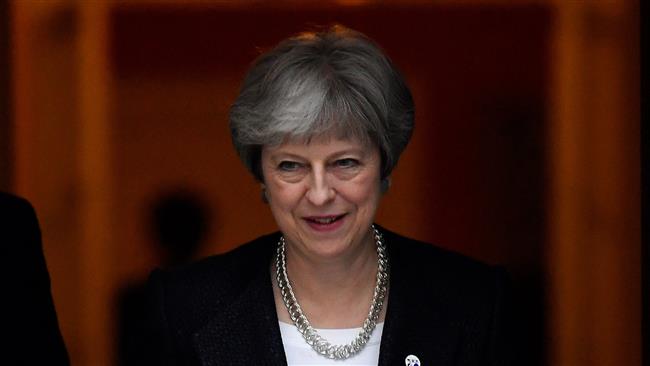
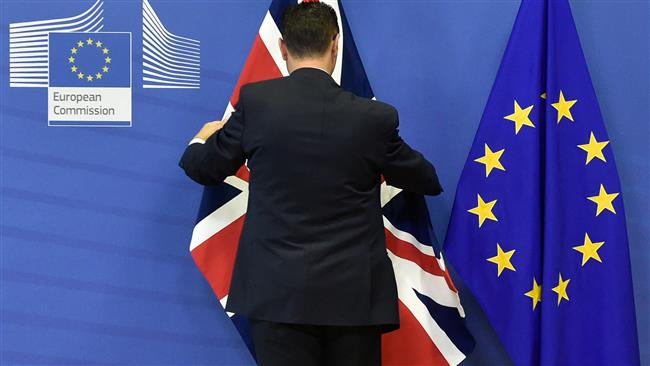
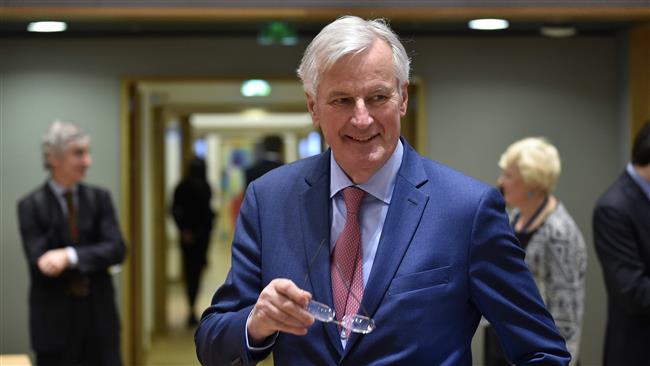
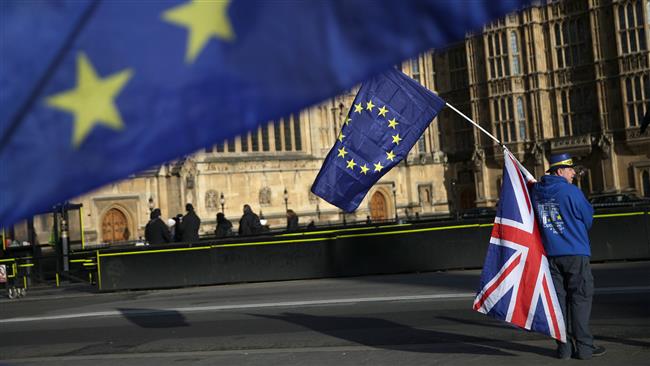
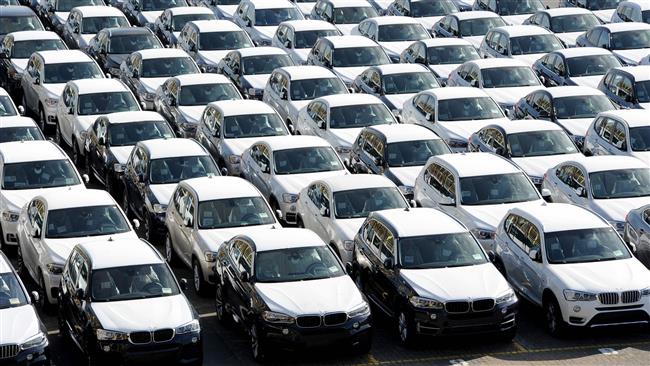

 This makes it easy to access the Press TV website
This makes it easy to access the Press TV website